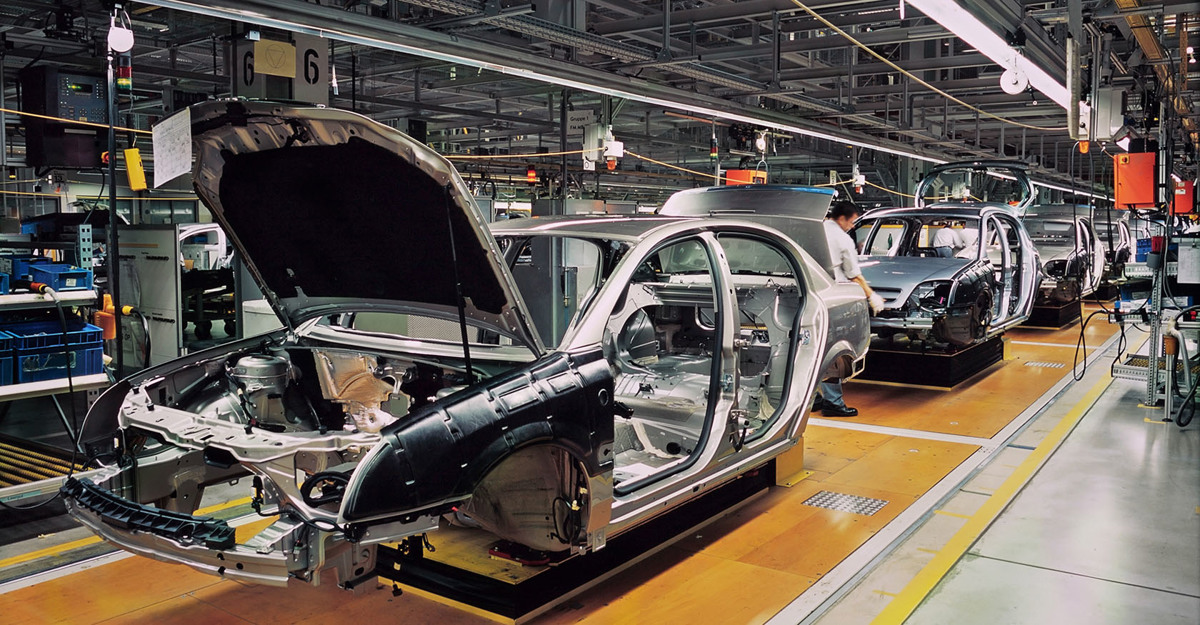“This is a balanced approach that will ensure a sustained and effective shift from conventional engines to alternative powertrains. We have always called for making technological disruptions socially incremental. We think that the proposal of the Commission allows for a gradual transition. We hope to be able to deal with change in a socially acceptable way, avoiding forced redundancies in traditional manufacturing activities while creating alternative employment opportunities in sustainable activities. No worker can be left behind in this transition process”,
The new targets will be complemented by an incentive mechanism for the uptake of zero-emission vehicles (battery electric or hydrogen) and low-emission vehicles (with emissions of less than 50g CO2/km - mainly plug-in hybrid vehicles). Car producers achieving a share of ZEV/LEVs which is higher than the proposed benchmark level of 15% in 2025 and 30% in 2030 will be rewarded by credits allowing a reduced CO2 target.
Market surveillance will be strengthened by measuring and monitoring real-world fuel consumption based on an obligation for manufacturers to fit standardised devices in new vehicles.
In order to support the decarbonisation of the transport sector, the Commission plans to earmark €800m under the Connecting Europe Facility for the roll-out of interoperable recharging points. This should leverage considerable additional public and private investment (currently 200,000 charging points are in operation in the EU, while 800,000 are needed). Another €200m will be dedicated to the creation of a public-private partnership to develop the next generation batteries. Lastly, to promote the uptake of alternative powertrains, the Commission will set targets for public authorities to source ZEV/LEVs in their public procurement.
To industriAll Europe, the proposals are a balanced compromise between different objectives. They are important stepping stones towards low-carbon mobility while retaining the industry at the cutting edge of technological progress and allowing for a gradual social transition. Indeed, the objective of a 30% CO2 reduction corresponds to the non-ETS -30% objective of the EU 2030 Climate Plan. The new objectives (and the benchmark for ZEV/LEVs) will also spur the development of low-carbon technologies as they can only be reached through the introduction of alternative powertrains. Also, the inclusion of plug-in hybrids in the benchmark for alternative powertrains will make it possible to compensate the low labour content of pure electric vehicles by the higher labour intensity of plug-in hybrids. This will support a smooth transition to the new paradigm the automotive industry is embarking on. Finally, the efforts to maintain the full automotive supply chain inside the EU by setting up an EU Battery Alliance have to be welcomed.
Nevertheless, industriAll Europe remains concerned about the employment impact. New jobs (70,000 according the Commission) will indeed be created in information technologies, deployment of charging infrastructure or by the savings attained by reduced oil imports. However, electrification will lead to a completely different automotive supply chain and employment structure. Many jobs, especially in manufacturing, risk to become obsolete. Therefore, industriAll Europe calls for accompanying measures for automotive workers and automotive regions that risk to become victim of this transition. All available tools for dealing with re- and upskilling, regional reconversion and re-employment should be mobilised and strengthened.
IndustriAll Europe calls for additional measures to promote the uptake of alternative powertrains. Indeed, achieving the emission targets will very much depend on consumer acceptance (which is related to price and range of electric vehicles). Strong incentives to steer consumer behaviour will be required as well as much more investment in recharging infrastructure.
IndustriAll Europe is of the opinion that any penalties should be used to support the sector and its workers in the transition to low-carbon products. Currently only 4 out of 11 carmakers are on track to achieving the 2021 targets (partly also the result of the decline in the share of diesel and the increased market share of SUVs).
IndustriAll Europe regrets the fact that the new regulation will increase the cost of cars by €1000 on average. This will make new cars less affordable for ordinary people.
Finally, while the reduced dependence on oil imports has to be welcomed, industriAll Europe warns for new dependencies like the access to raw materials (lithium, cobalt and nickel to be imported from remote areas) or sufficient supply of electricity. These could become impediments for achieving the new standards.
“This is a balanced approach that will ensure a sustained and effective shift from conventional engines to alternative powertrains. We have always called for making technological disruptions socially incremental. We think that the proposal of the Commission allows for a gradual transition. We hope to be able to deal with change in a socially acceptable way, avoiding forced redundancies in traditional manufacturing activities while creating alternative employment opportunities in sustainable activities. No worker can be left behind in this transition process”, Luc Triangle, General Secretary of industriAll Europe said.
